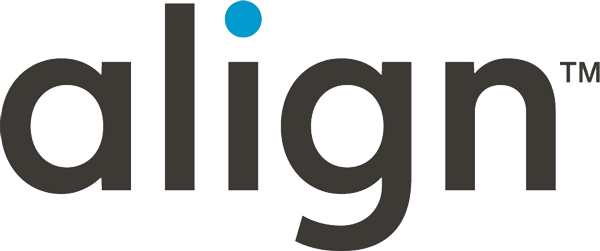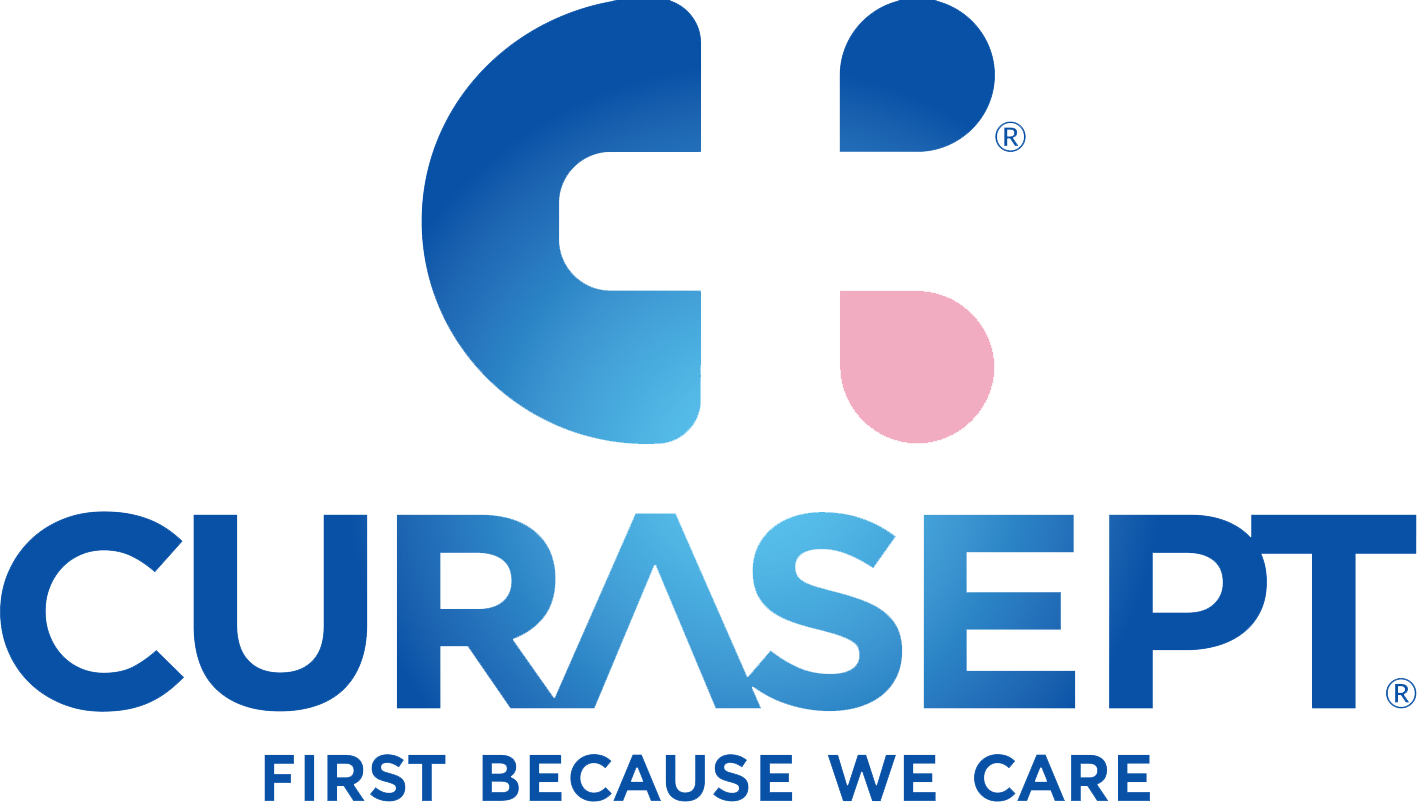KARACHI, Pakistan: Artificial intelligence (AI) is transforming dentistry, offering powerful tools to detect caries with speed and precision once unimaginable. Yet, while the promise of AI in diagnostics continues to grow, so too do concerns about its ethical implications. A recent scoping review by researchers in Pakistan highlights the pressing need to balance technological progress with responsible frameworks that protect patients, uphold fairness and maintain trust within dental practice.
AI-based systems are rapidly being integrated into dental diagnostics, particularly in the detection of carious lesions through radiographs and intra-oral imaging. These technologies have demonstrated accuracy levels comparable to, and in some cases exceeding, those of human experts. However, the review underscores that the benefits of AI come with a complex set of pressing ethical challenges that must not be overlooked.
A key concern lies in diversity and representation, a crucial issue for the healthcare industry as a whole. Many AI models in dentistry have been trained on datasets from high-income, single-centre studies, raising the risk of bias when applied to more diverse populations. Without careful consideration of demographic and cultural variation, diagnostic tools may misinterpret or overlook certain caries presentations, ultimately leading to unequal standards of care.
Privacy also emerged as a recurrent issue. The use of patient images and radiographs is central to AI training, yet most studies offered limited clarity on how data identifiers were removed or protected. Because AI models require access to vast amounts of sensitive data, robust safeguards must be in place to prevent misuse and ensure compliance with data protection regulations.
Transparency and accountability are equally problematic. The complexity of deep learning models means that clinicians often cannot see how an AI system arrives at a diagnosis. This lack of clarity complicates questions of responsibility: if an AI-assisted diagnosis proves faulty, it is unclear whether accountability lies with the clinician, the software developer or the institution deploying the technology.
Equity is another dimension that requires scrutiny. While AI has the potential to enhance efficiency and support early intervention, it could also exacerbate disparities if access remains confined to well-resourced practices. Without inclusive frameworks, disadvantaged communities risk being excluded from the benefits of these innovations.
The review calls for the development of a specialised ethical framework for AI in dentistry, tailored to the unique clinical and patient-facing aspects of the field. This would include guidelines on dataset inclusivity, transparent reporting standards, clear governance structures and patient-centred safeguards around privacy and informed decision-making.
AI holds immense potential to advance dental care, but its integration must be guided by strong ethical standards. Addressing bias, privacy and accountability now will be essential to building patient trust and ensuring that the technology serves the profession equitably and responsibly.
The study, titled “Ethical insights into AI-driven caries detection: A scoping review”, was published online on 9 September 2025 in BDJ Open.
Topics:
Tags:
Artificial intelligence (AI) has moved from theory into daily prosthodontic practice, reshaping diagnosis, treatment planning and design workflows. My ...
LONDON, England: The UK’s General Dental Council has emphasised its commitment to understanding and monitoring the evolving impact of artificial ...
SAN FRANCISCO, US: The migration of myriad dental services on to the cloud is one of the major dimensions of transformation occurring in dentistry. A key ...
LEIPZIG, Germany: Artificial intelligence (AI) is transforming healthcare across disciplines, and dentistry is no exception. While its clinical applications...
Live webinar
Tue. 23 September 2025
6:00 pm UAE (Dubai)
Prof. Dr. Rodrigo Reis DDS, MSC, PhD.
Live webinar
Wed. 24 September 2025
2:00 pm UAE (Dubai)
Live webinar
Wed. 24 September 2025
7:00 pm UAE (Dubai)
Live webinar
Wed. 24 September 2025
9:00 pm UAE (Dubai)
Live webinar
Thu. 25 September 2025
4:00 am UAE (Dubai)
Live webinar
Thu. 25 September 2025
2:00 pm UAE (Dubai)
Live webinar
Thu. 25 September 2025
9:00 pm UAE (Dubai)
Dr. Stuart Lutton BDS, MJDF, MSc Implant Dentistry



 Austria / Österreich
Austria / Österreich
 Bosnia and Herzegovina / Босна и Херцеговина
Bosnia and Herzegovina / Босна и Херцеговина
 Bulgaria / България
Bulgaria / България
 Croatia / Hrvatska
Croatia / Hrvatska
 Czech Republic & Slovakia / Česká republika & Slovensko
Czech Republic & Slovakia / Česká republika & Slovensko
 France / France
France / France
 Germany / Deutschland
Germany / Deutschland
 Greece / ΕΛΛΑΔΑ
Greece / ΕΛΛΑΔΑ
 Hungary / Hungary
Hungary / Hungary
 Italy / Italia
Italy / Italia
 Netherlands / Nederland
Netherlands / Nederland
 Nordic / Nordic
Nordic / Nordic
 Poland / Polska
Poland / Polska
 Portugal / Portugal
Portugal / Portugal
 Romania & Moldova / România & Moldova
Romania & Moldova / România & Moldova
 Slovenia / Slovenija
Slovenia / Slovenija
 Serbia & Montenegro / Србија и Црна Гора
Serbia & Montenegro / Србија и Црна Гора
 Spain / España
Spain / España
 Switzerland / Schweiz
Switzerland / Schweiz
 Turkey / Türkiye
Turkey / Türkiye
 UK & Ireland / UK & Ireland
UK & Ireland / UK & Ireland
 International / International
International / International
 Brazil / Brasil
Brazil / Brasil
 Canada / Canada
Canada / Canada
 Latin America / Latinoamérica
Latin America / Latinoamérica
 USA / USA
USA / USA
 China / 中国
China / 中国
 India / भारत गणराज्य
India / भारत गणराज्य
 Pakistan / Pākistān
Pakistan / Pākistān
 Vietnam / Việt Nam
Vietnam / Việt Nam
 ASEAN / ASEAN
ASEAN / ASEAN
 Israel / מְדִינַת יִשְׂרָאֵל
Israel / מְדִינַת יִשְׂרָאֵל
 Algeria, Morocco & Tunisia / الجزائر والمغرب وتونس
Algeria, Morocco & Tunisia / الجزائر والمغرب وتونس
:sharpen(level=0):output(format=jpeg)/up/dt/2025/09/2025-09-19_The-urgent-ethical-challenges-of-AI-driven-caries-detection-.jpg)
:sharpen(level=0):output(format=jpeg)/up/dt/2025/09/The-real-opportunity-lies-in-democratising_header.jpg)
:sharpen(level=0):output(format=jpeg)/up/dt/2025/08/Partnership-to-deliver-advanced-aesthetic-dentistry-training-in-Dubai.jpg)
:sharpen(level=0):output(format=jpeg)/up/dt/2025/06/Your-pathway-to-dental-excellence-DPUs-internationally-recognised-Master-of-Science_1.jpg)
:sharpen(level=0):output(format=jpeg)/up/dt/2025/08/ChatGPT-struggles-to-answer-complex-oral-health-questions-study-finds-.jpg)
:sharpen(level=0):output(format=jpeg)/up/dt/2025/07/3dprinting.jpg)
:sharpen(level=0):output(format=jpeg)/up/dt/2025/07/aligners.jpg)








:sharpen(level=0):output(format=png)/up/dt/2025/07/DDG_Logo_2025_04_2lines.png)
:sharpen(level=0):output(format=png)/up/dt/2024/01/ClearCorrect_Logo_Grey_01-2024.png)
:sharpen(level=0):output(format=png)/up/dt/2011/11/ITI-LOGO.png)
:sharpen(level=0):output(format=png)/up/dt/2023/08/Neoss_Logo_new.png)
:sharpen(level=0):output(format=png)/up/dt/2014/02/MIS.png)
:sharpen(level=0):output(format=png)/up/dt/2013/04/Dentsply-Sirona.png)
:sharpen(level=0):output(format=jpeg)/up/dt/e-papers/359868/1.jpg)
:sharpen(level=0):output(format=jpeg)/up/dt/e-papers/353326/1.jpg)
:sharpen(level=0):output(format=jpeg)/up/dt/e-papers/351179/1.jpg)
:sharpen(level=0):output(format=jpeg)/up/dt/e-papers/350245/1.jpg)
:sharpen(level=0):output(format=jpeg)/up/dt/e-papers/348139/1.jpg)
:sharpen(level=0):output(format=jpeg)/up/dt/e-papers/344525/1.jpg)
:sharpen(level=0):output(format=jpeg)/up/dt/2025/09/2025-09-19_The-urgent-ethical-challenges-of-AI-driven-caries-detection-.jpg)

:sharpen(level=0):output(format=jpeg)/up/dt/2025/09/2025-09-19_The-urgent-ethical-challenges-of-AI-driven-caries-detection-.jpg)
:sharpen(level=0):output(format=jpeg)/up/dt/2025/07/Adobe-Express-file-1-300x300.jpg)
:sharpen(level=0):output(format=jpeg)/up/dt/2025/09/Artificial-intelligence-in-prosthodontics-From-concept-to-clinical-reality.jpg)
:sharpen(level=0):output(format=jpeg)/up/dt/2025/09/General-Dental-Council-publishes-assessment-on-use-of-AI-in-dentistry.jpg)
:sharpen(level=0):output(format=jpeg)/up/dt/2025/08/Trust_AI.jpg)
:sharpen(level=0):output(format=jpeg)/up/dt/2025/08/Enhancing-cosmetic-dental-outcomes-by-using-AI_AdobeStock_246187853.jpg)
:sharpen(level=0):output(format=jpeg)/up/dt/2025/07/Rethinking-dental-education-with-AI.jpg)






:sharpen(level=0):output(format=jpeg)/up/dt/2025/09/The-real-opportunity-lies-in-democratising_header.jpg)
:sharpen(level=0):output(format=jpeg)/up/dt/2025/08/Partnership-to-deliver-advanced-aesthetic-dentistry-training-in-Dubai.jpg)
:sharpen(level=0):output(format=jpeg)/up/dt/2025/06/Your-pathway-to-dental-excellence-DPUs-internationally-recognised-Master-of-Science_1.jpg)
:sharpen(level=0):output(format=jpeg)/up/dt/e-papers/353326/1.jpg)
:sharpen(level=0):output(format=jpeg)/up/dt/e-papers/351179/1.jpg)
:sharpen(level=0):output(format=jpeg)/up/dt/e-papers/350245/1.jpg)
:sharpen(level=0):output(format=jpeg)/up/dt/e-papers/348139/1.jpg)
:sharpen(level=0):output(format=jpeg)/up/dt/e-papers/344525/1.jpg)
:sharpen(level=0):output(format=jpeg)/up/dt/e-papers/359868/1.jpg)
:sharpen(level=0):output(format=jpeg)/up/dt/e-papers/359868/2.jpg)
To post a reply please login or register